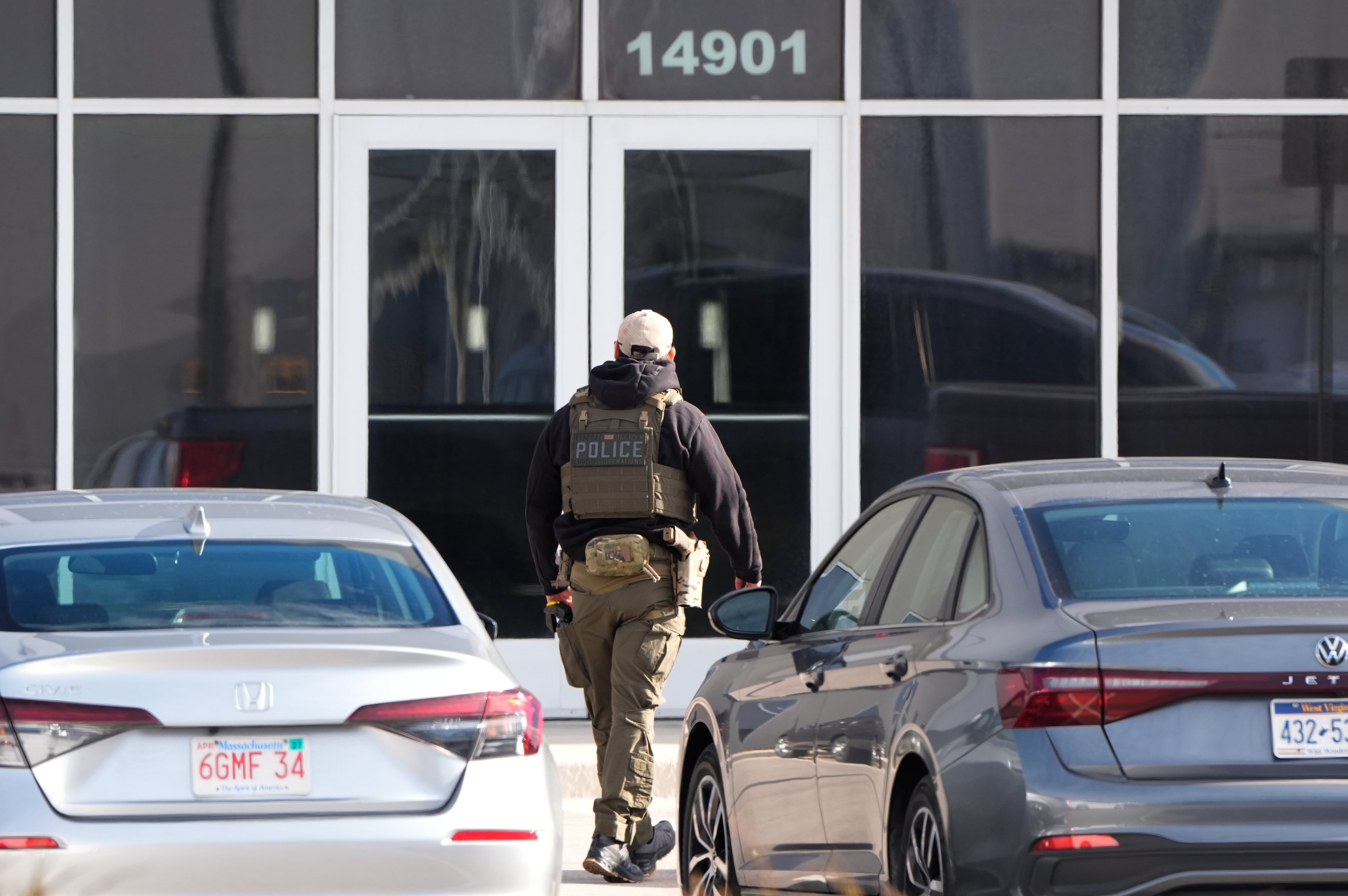Five things to know about North DeKalb Mall demolition

Developers officially break ground this week on North DeKalb Mall’s transformation into a new mixed-use development, Lulah Hills. Here are five things to know about the ongoing project and its impacts on the DeKalb community.
The mall closed during the pandemic
Long past the excitement of its 1965 opening, North DeKalb Mall faced dwindling popularity over the last decade. By 2019, thirty of the center’s 74 stores were vacant, a gloomy atmosphere that created one surprising payoff — production studios put the empty mall to use as a film set.
Most notably, the shops served as a backdrop for R.L. Stine’s film “Fear Street” and HBO’s “Zombieland 2.”
Spooky.
Eventually, even Hollywood’s golden glow couldn’t keep North DeKalb Mall in business, and the 2020 pandemic proved the final nail in the coffin.
EDENS developers bought the property in 2021
The national real estate company received the green light for a new mixed-use development, the $843 million Lulah Hills, to revitalize the site.
EDENS previously led the redevelopment of DeKalb’s Toco Hill shopping center, modernizing the strip mall built in 1956. The project improved drainage, re-roofed buildings, reworked the parking lot and focused on creating a welcoming outdoor environment.
The upscaling has proved largely successful, although some longtime retail owners, like the beloved “Bagel Palace,” were forced out from rising rent.
Lulah Hills will provide multiple residential styles and affordable housing
The new development is set to create 1,700 multifamily units, 100 townhomes and a 150-unit hotel. Ten percent of residential units will be reserved as designated workforce housing at below-market prices.
The company did not ask for a tax abatement for those properties, but is receiving up to $70 million in tax savings through an agreement with the Decide DeKalb Development Authority. Over a 15-year period, EDENS will be reimbursed for rising property taxes as construction advances.
Extending trails and green space will connect to Emory University
EDENS will spruce up the mall area with small parks and pedestrian trails to connect with Emory University through Medlock Park. Lulah Hills’ extending paths will merge with the South Peachtree Creek Trail, which in turn provides Emory access.
The developers hope the center’s proximity to both Emory’s hospital and the CDC will create connections with the health care sector.
Even in its current state, the mall’s empty parking lot has proven a convenient spot for Emory employees to park for work, so a trail system would turn over a new leaf for the relationship.
The former mall will be demolished over six months
An EDENS representative said Wednesday’s 10 a.m. press conference at the property serves as a “symbolic” celebration of the project’s first phase, which should be completed by 2025. Demolition began Monday and is set to continue through the next six months.
It’s unclear exactly what will be destroyed in front of an audience Wednesday. But whether the event involves large-scale explosives, a firm knock with a hammer, or something in between, North DeKalb Mall will soon be brought to the ground.



